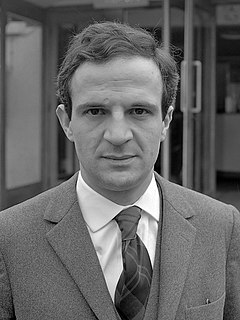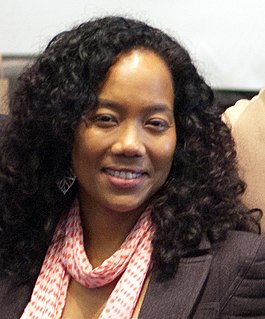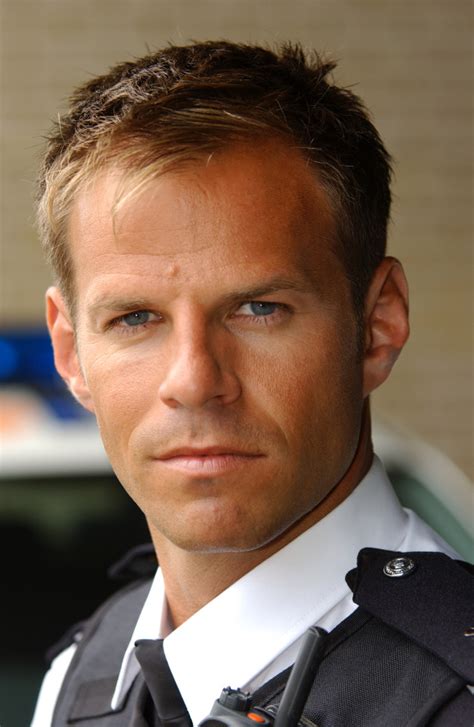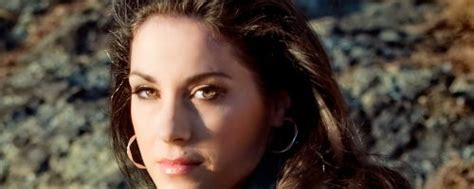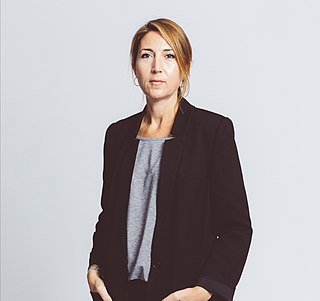A Quote by Francois Truffaut
I had thought of writing, actually, and that later on I'd be a novelist.
Related Quotes
Douglas Adams did not enjoy writing, and he enjoyed it less as time went on. He was a bestselling, acclaimed, and much-loved novelist who had not set out to be a novelist, and who took little joy in the process of crafting novels. He loved talking to audiences. He liked writing screenplays. He liked being at the cutting edge of technology and inventing
From about ninth grade on, I knew I was a writer at heart. I had fantasies of being a great novelist, but I thought that seemed like an iffy way to try to make a living. So I tried journalism while in college, and really liked it. But even in journalism, I've always pursued ways to be somewhat literary, whether writing a column or writing books.
Many novelists say, "I'm not a political novelist" - myself included. That's a standard, even a default position. Whereas that divide between art and politics simply isn't possible in many countries. In Hungary, you couldn't be a fiction writer and then, when asked about politics, put your hands up in the air and say "But I'm not a political novelist." If you're a Chinese novelist, a novelist in a country where censorship is such an issue, how do you claim that politics has nothing to do with your writing? It's in your writing, it's shaping your words.
Thoughts are created in the act of writing. [It is a myth that] you must have something to say in order to write. Reality: You often need to write in order to have anything to say. Thought comes with writing, and writing may never come if it is postponed until we are satisfied that we have something to say...The assertion of write first, see what you had to say later applies to all manifestations of written language, to letters...as well as to diaries and journals
